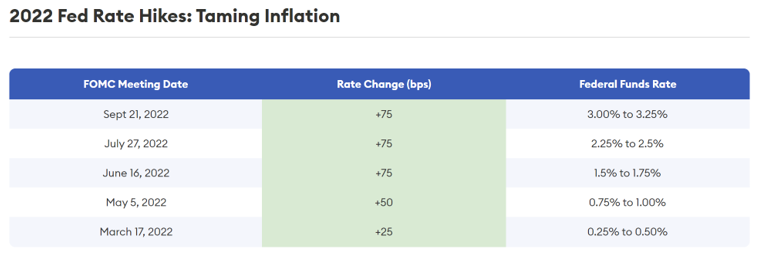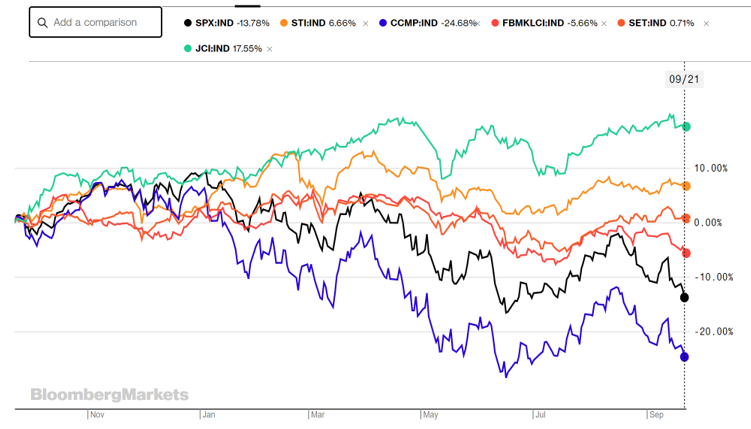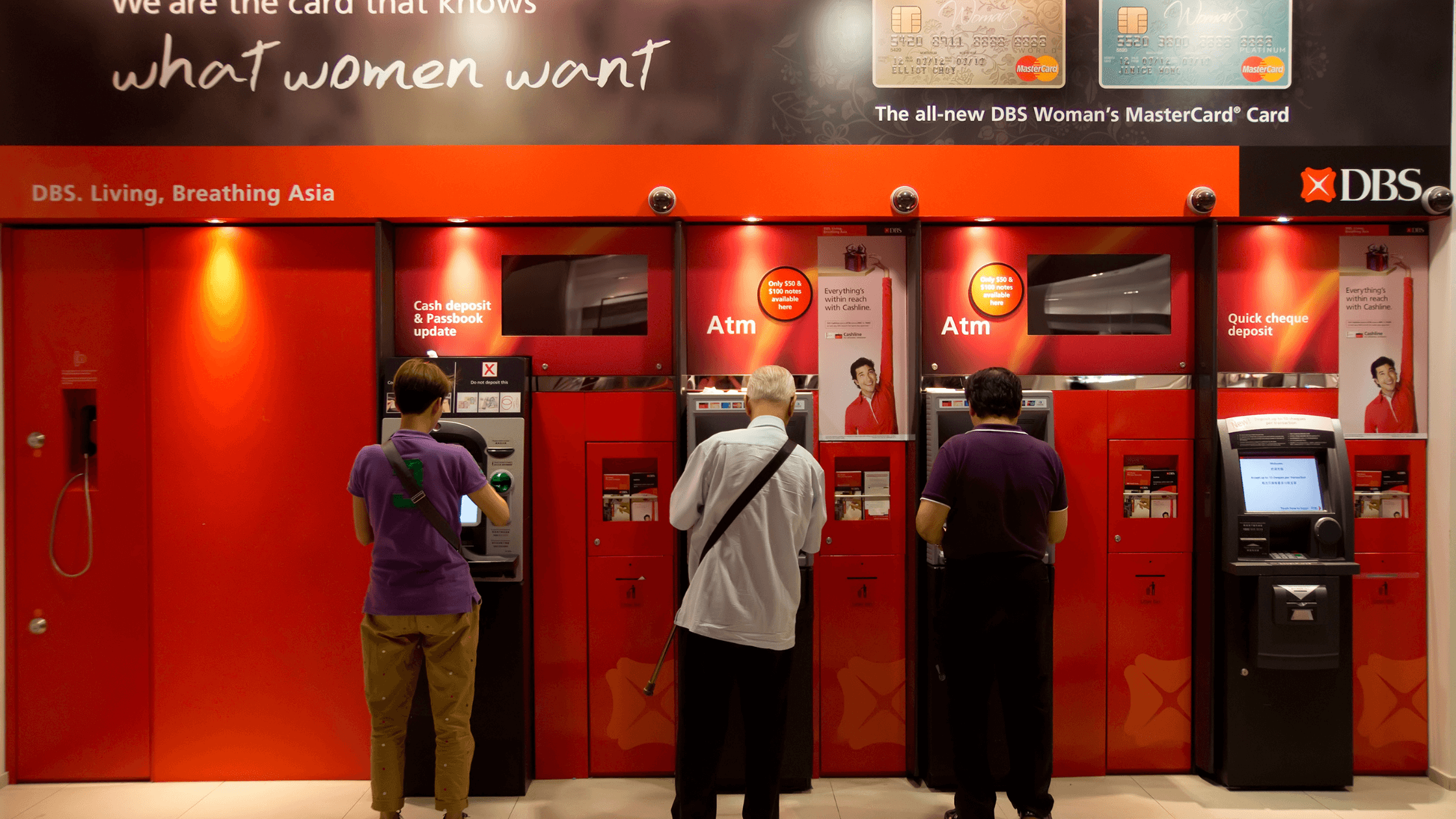Last night, the US Federal Reserve (Fed) delivered its third straight 75-basis point (bp) interest rate hike. Fed officials forecast that rates will reach 4.4% by the end of this year and 4.6% in 2023.
This is a more hawkish shift and implies a potential fourth consecutive 75-bp hike for the next meeting in November.
News of this has led to a sharp sell-down in the stock market globally but Singapore’s three largest banking stocks are poised to benefit from the rising interest rates. Here’s how.
Net interest margin will benefit
During the first half of this year (H1 2022), Singapore’s banking trio benefitted from the rising interest rate as seen by the improvement in its net interest margin (NIM) and net interest income (NII).
DBS Group Holdings Ltd (SGX: D05), Singapore’s largest bank, recorded a 12bp increase in its NIM on a quarter-on-quarter (qoq) basis to 1.58% as of the end of June 2022. In July, its NIM stood at above 1.8%.
Meanwhile, Oversea-Chinese Banking Corporation (SGX: O39), or simply known as OCBC, saw its NIM expand 16bp qoq to 1.71%.
United Overseas Bank Ltd (SGX: U11), or UOB, also benefitted from the rising interest rate as NIM expanded by 9bp qoq to 1.67%.
This was driven by the rising interest rate in the US. During H1 2022, the Fed raised rates by 150 bps over its three meetings.
With the interest rate hike having accelerated in H2 2022, Singapore’s big banks are expected to see further expansion of their respective NIMs.
 Source: Forbes
Source: Forbes
Singapore banks’ share prices remain resilient
Despite the market volatility, Singapore’s three largest banks stocks have remained resilient when compared to the overall global market.
As compared to a year ago, DBS, OCBC and UOB shares have gained by 14.1%, 8.0% and 7.9%, respectively.
Meanwhile, the S&P 500 Index was down by 13.8% during the same period while the tech-heavy NASDAQ Composite Index has lost 24.7% of its value.
Singapore’s benchmark index, the Straits Times Index (STI), has performed better than most of its peers with a 6.7% positive return.
Meanwhile, Malaysia’s FBM KLCI declined by 5.7% while Thailand’s SET only saw a slight gain of 0.7% during the same period. Only Indonesia’s JCI has outperformed with 17.6% positive return.

 Source: Bloomberg
Source: Bloomberg
Downside risk remains with increasing default rates
While the banking trio will likely benefit from rising interest rates, investors need to pay close attention to any red flags, especially in terms of asset quality.
Given the rising interest rate environment, this could trigger a potential rise in default rates – particularly if the global economy weakens.
During H1 2022, asset quality at the three banks has remained sound with non-performing loans (NPLs) having moderated lower.
Banks will benefit from Asia rebound
Singapore has benefitted from being among the first countries to relax most of its COVID-19 local and travel restrictions, since early April this year.
With the rest of the countries in the region reopening, Singapore’s banks are likely to see continued momentum from the economic recovery.
Coupled with rising interest rates, DBS, OCBC and UOB’s earnings are likely to benefit from this in the near term.
With most asset classes affected by the global race to hike rates, Singapore’s three largest banks could offer much-needed protection for investors.
Disclaimer: ProsperUs Investment Coach Billy Toh doesn’t own shares of any companies mentioned.



 Source: Forbes
Source: Forbes 
 Source: Bloomberg
Source: Bloomberg



